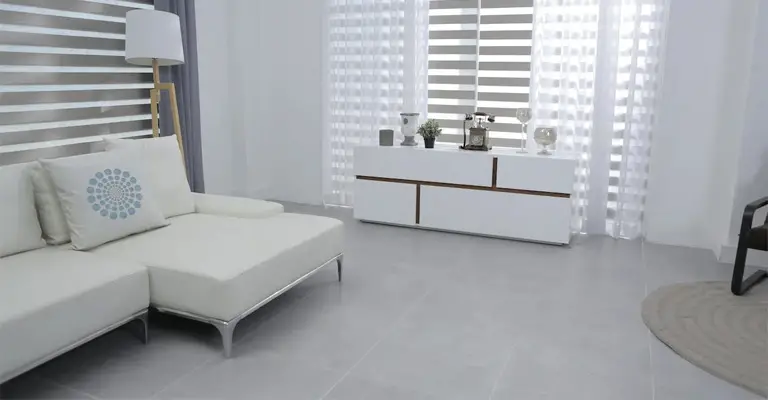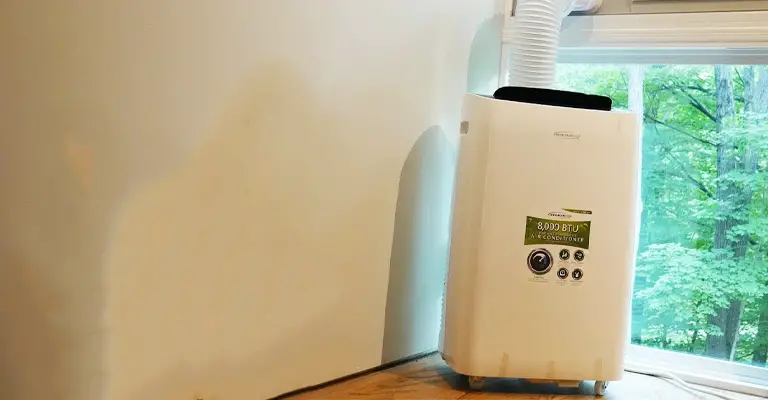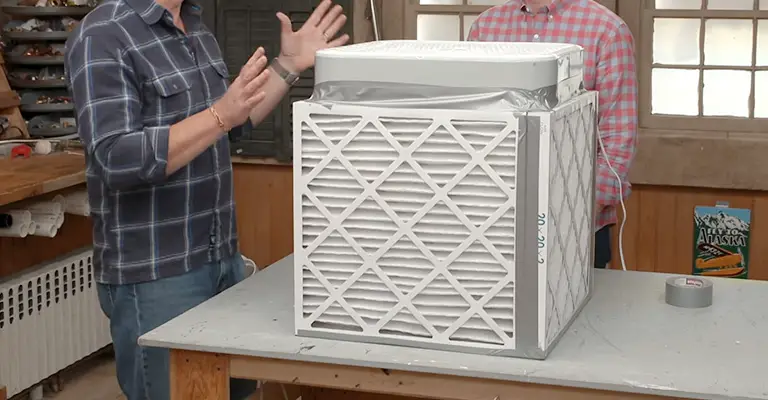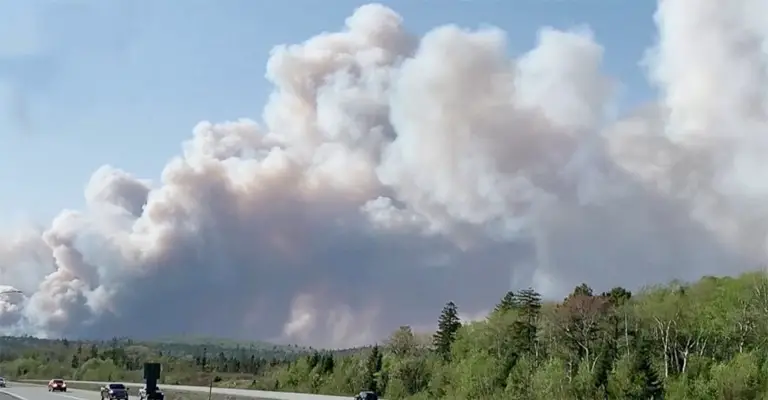When smoke fills the air, whether due to wildfires, industrial incidents, or other environmental factors, it can be a cause for concern and pose potential health risks.
Smoke not only diminishes air quality but also affects our respiratory system, making it vital to take appropriate actions to protect ourselves and minimize its impact.
Children, the elderly, pregnant women and people with heart or respiratory conditions can be particularly at risk from wildfire smoke, which is made up of a complex mixture of air pollutants.
It is recommended that these sensitive groups limit outdoor activities, especially when the Air Quality Index (AQI) reaches levels that are considered ‘Unhealthy for Sensitive Groups’.
It is possible for healthy people to experience symptoms in smoky conditions or after exposure to smoke. Unhealthy air can also affect pets, so they should be brought indoors whenever possible.
Particulate Matter
In addition to known cancer-causing substances, wildfires release tiny particles that can aggravate existing health problems and increase the risk of heart attack or stroke.
For the relatively short-term exposures (hours to weeks) that the general public typically experiences from wildfire smoke, particulate matter (PM) is the primary concern. Smoke particles typically have diameters of 2.5 micrometers or smaller.
They are small enough to get deep into the lungs, and even the tiniest, ultrafine particles can pass directly into the bloodstream. Scientific literature has well documented the link between PM2.5 and heart and lung health.
People living near and downwind of wildfires experience reduced air quality due to larger, more frequent, and more intense fires.
Exposure to wildfire smoke can cause mild eye irritation, respiratory tract irritation, or worsening of heart and lung disease, including asthma, and even premature death.
Masks

Cloth face coverings protect against virus spread, but not against smoke particles.
A NIOSH-certified N95 respirator mask is recommended for people who must be outdoors for long periods of time, in areas where heavy smoke is present, or where ash is disturbed.
Staying indoors is recommended for those with existing respiratory, lung, or heart conditions. People with lung or heart conditions should consult their doctors before wearing a respirator because it may make it harder to breathe.
Protecting Yourself from Smoke
Despite its general nature, this guide should not be construed as a substitute for official recommendations or guidance from local authorities or health organizations.
Follow any instructions provided by your local government or health agency and stay updated with reliable sources of information.
Stay Indoors and Keep Indoor Air Clean

Staying indoors is the best way to avoid breathing harmful particles in wildfire smoke.
Wildfire smoke causes air quality to reach dangerous levels, so staying indoors with windows and doors closed is the best way to reduce exposure and avoid the ill effects of smoke.
To ensure air is being filtered constantly, make sure your central ducted air conditioner and heating system is set to “on,” rather than “auto,” which runs intermittently.
To prevent outdoor smoke from entering the home, close the fresh-air intake so that the system operates in recirculation mode.
According to the manufacturer’s recommendations, install a high-efficiency filter (MERV 13 or higher) with the highest MERV rating your system can handle.
To further reduce the effects of smoke, consider using a CARB-certified air cleaner.
Keep swamp coolers and whole-house fans off.
You should avoid activities that contribute to indoor pollution, such as burning candles, using gas stoves, and vacuuming.
When you cannot afford CARB-certified air cleaners or do not have central air conditioning and heating, you can take other measures to protect yourself and your family.
Find out if your local Air Pollution Control District or local governing body (city council, county board of supervisors, etc.) has a designated clean air center.
An indoor facility with proper ventilation and air conditioning that is open to the public during smoke events could be a recreation center, library, school gymnasium, etc.
Consider Purchasing A Portable Air Cleaner Or High-Efficiency HVAC Filter

In order to help improve your indoor air quality during a wildfire smoke event, you may consider purchasing a portable air cleaner or high-efficiency HVAC system filter.
Consider the size of the room in which you will use the portable air cleaner before making your purchase. Ensure that the portable air cleaner does not produce ozone.
Do-it-yourself (DIY) air cleaners may be a cost-effective alternative if portable air cleaners aren’t readily available.
As a temporary alternative to commercial air cleaners, DIY air cleaners can be made by attaching a furnace filter to a box fan with tape, brackets, or a bungee cord.
The effectiveness of DIY air cleaners to filter smoke particles is limited at this time. As a permanent alternative to commercially available portable air cleaners, the EPA does not recommend the routine use of DIY air cleaners.
Avoid Outdoor Activities
Exercise outdoors should be avoided during smoky conditions. Depending on the amount of time spent outside, the level of exertion, the level of air pollution, and any existing health conditions, exposure can cause health effects.
When the AQI reaches unhealthy levels, consider eliminating outdoor activities altogether. The AQI may reach hazardous levels in emergency situations or when officials call for an evacuation.
Evacuation orders should always be followed. During an evacuation, keep your windows rolled up and your air conditioner set to recirculate.
Construct A Temporary Box Fan Air Filter

It is important to use these devices with extreme caution, and only if there are no other options available to clean the air. It is never a good idea to leave the device unattended.
Ensure that you only use box fans manufactured after 2012 – these fans have a fused plug, which prevents electrical fires if they are knocked over.
Use duct tape or a bungee cord to attach a MERV 13-rated air filter to the back of the fan (in the same direction as air flow) with the arrow pointing toward the fan.
When using the box fan filter, close all windows and doors. When the air filter becomes dirty, replace it.
Evacuation Smoke Safety
When evacuating from wildfires, it’s easy to forget about smoke. If you are traveling to a better air-quality area, you can protect yourself in several easy ways.
- Close the windows and doors of your vehicle.
- Turn on the air conditioning.
- Wear an N95 mask in clean air shelters and in your vehicle.
- Inhalers and medications should be brought by those with asthma or respiratory conditions.
- Evacuate to a better-quality area.
- Evacuation orders should always be followed.
How Can I Reduce My Family’s Exposure To Smoke Indoors During A Wildfire Smoke Event?
When wildfires create smoky conditions, you can reduce your family’s exposure to smoke indoors and outdoors.
Children, older adults, and people with heart or lung diseases should reduce their exposure to smoke. What you can do to reduce your smoke exposure can be found in the fact sheet Reduce Your Smoke Exposure.
Take these steps at home to reduce your exposure to smoke if local officials advise you to stay indoors:
- Close all windows and doors.
- Stay cool by using fans and air conditioning. Seek shelter elsewhere if you cannot stay cool.
- Your home should be smoke-free.
- Set your HVAC system to recirculate mode or close the outdoor intake damper if it has a fresh air intake.
- You should not use an evaporative cooler unless you have a heat emergency, as it can cause more smoke to be brought indoors. Open windows and air out your home when outdoor air quality improves, even temporarily, when using an evaporative cooler.
- Close the outdoor air damper on your window air conditioner. The window air conditioner should not be used if the damper cannot be closed. Ensure that the seal between the air conditioner and the window is tight.
- In smoky conditions, do not use portable air conditioners with a single hose, which usually vent out a window.
- You should make sure that the seal between the window vent kit and the window is as tight as possible if your portable air conditioner has two hoses.
- To remove fine particles from the air, use a portable air cleaner or high-efficiency filter.
- Run your portable air cleaner at its highest speed as often as possible.
- You can use a DIY air cleaner as a temporary alternative to a portable air cleaner. Run it as often as possible.
- When the air quality is poor, run the fan of your HVAC system as often as possible to remove particles.
Indoors, avoid activities that create more fine particles, such as:
- Taking up the habit of smoking.
- Stoves and furnaces that burn gas, propane or wood.
- Aerosol spraying.
- Broiling or frying food.
- The burning of candles or incense.
- You should not vacuum unless you use a HEPA-filtered vacuum.
- Reduce your smoke intake by avoiding strenuous activity during smoky times.
- Set up a clean room. You can learn how to set up a clean room at home by watching this video from EPA.
- Learn how to use N95 respirators.
- If the air quality improves, even temporarily, open your windows or open the fresh air intake on your HVAC system.
Sources:







